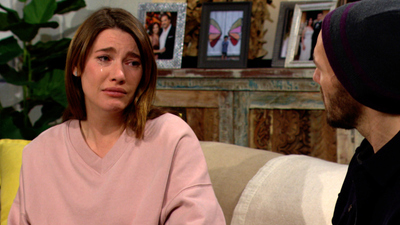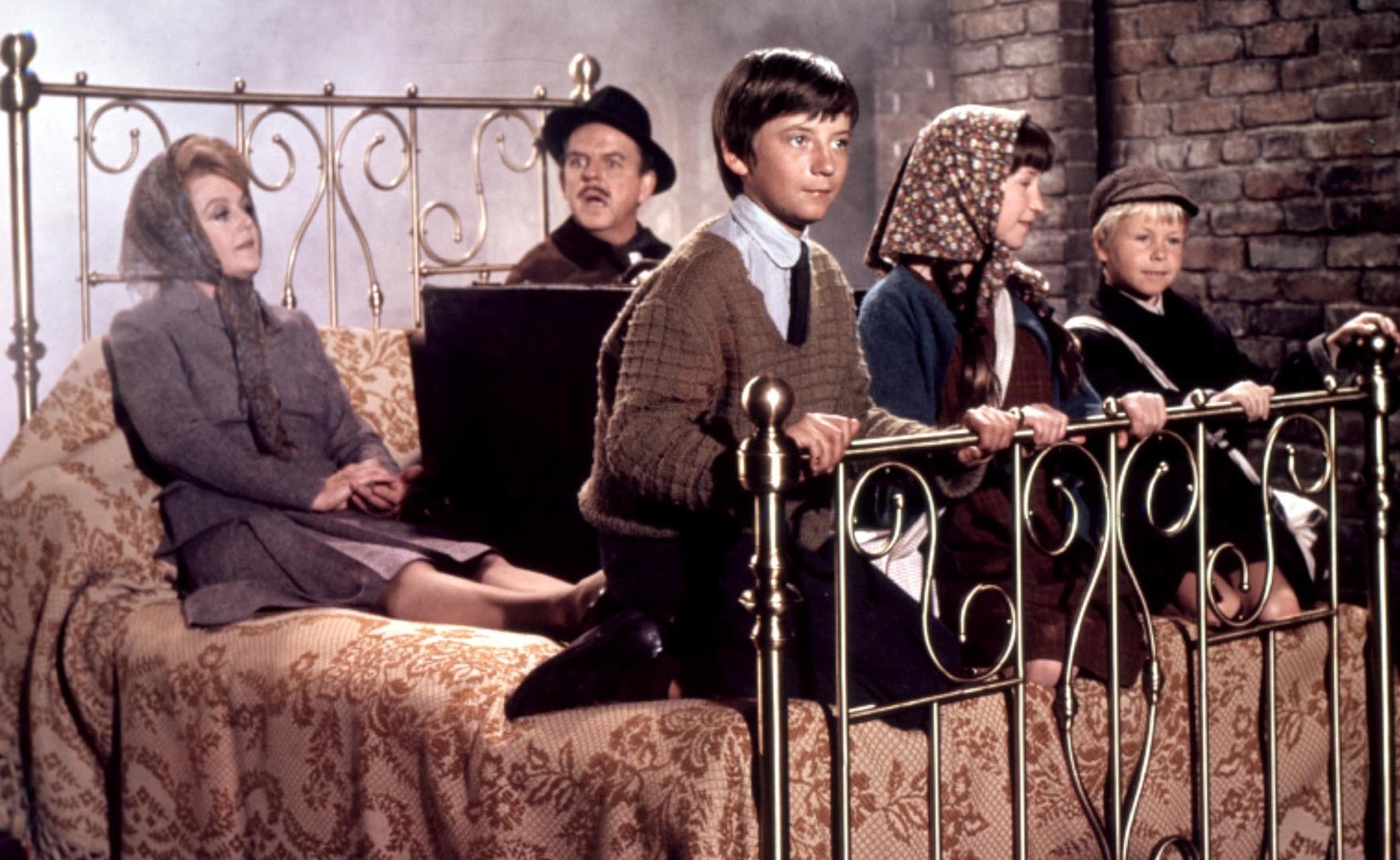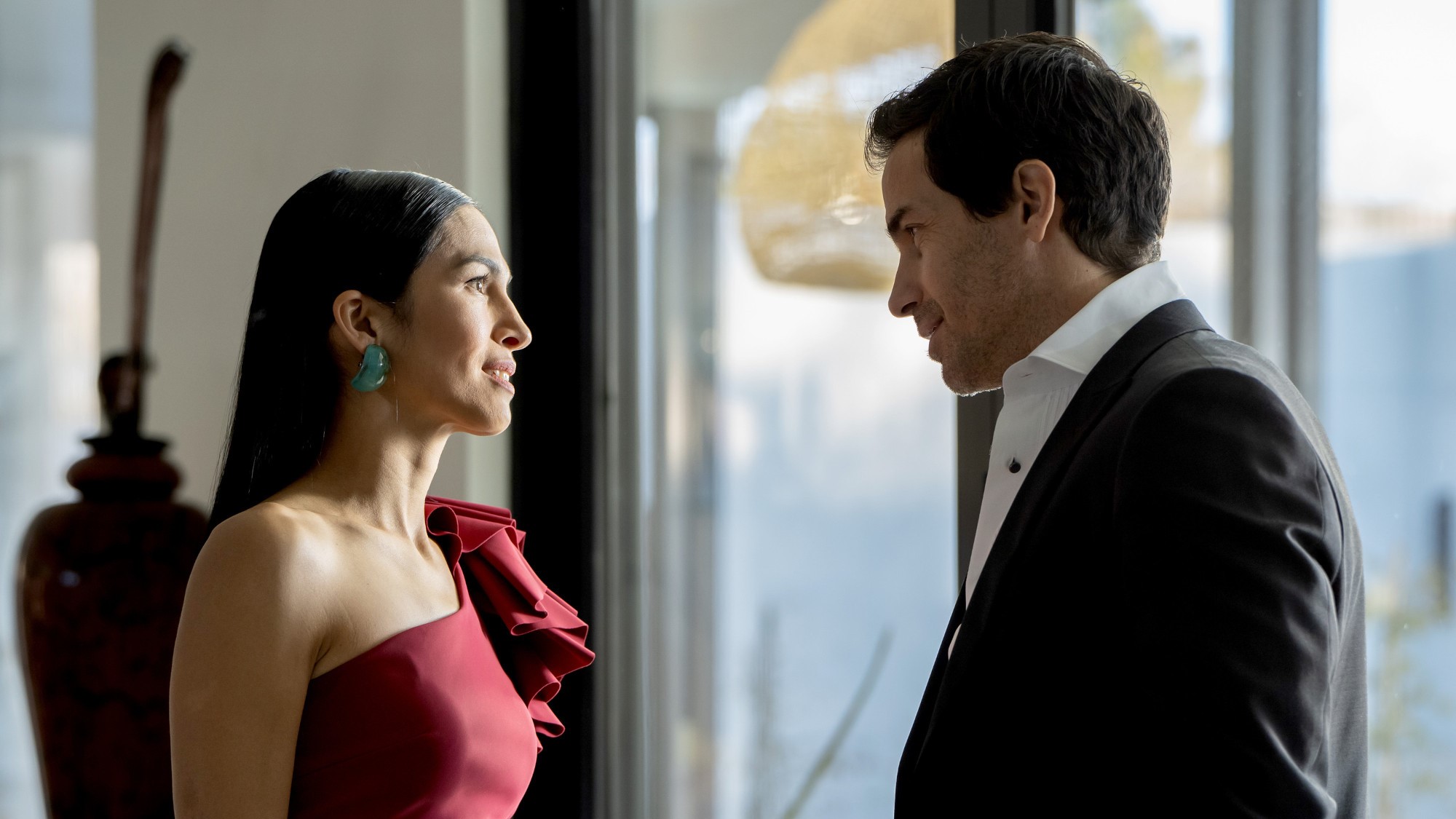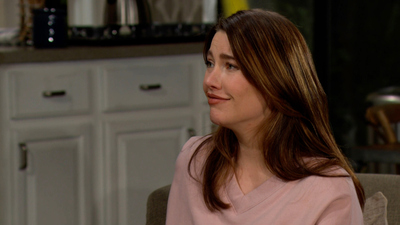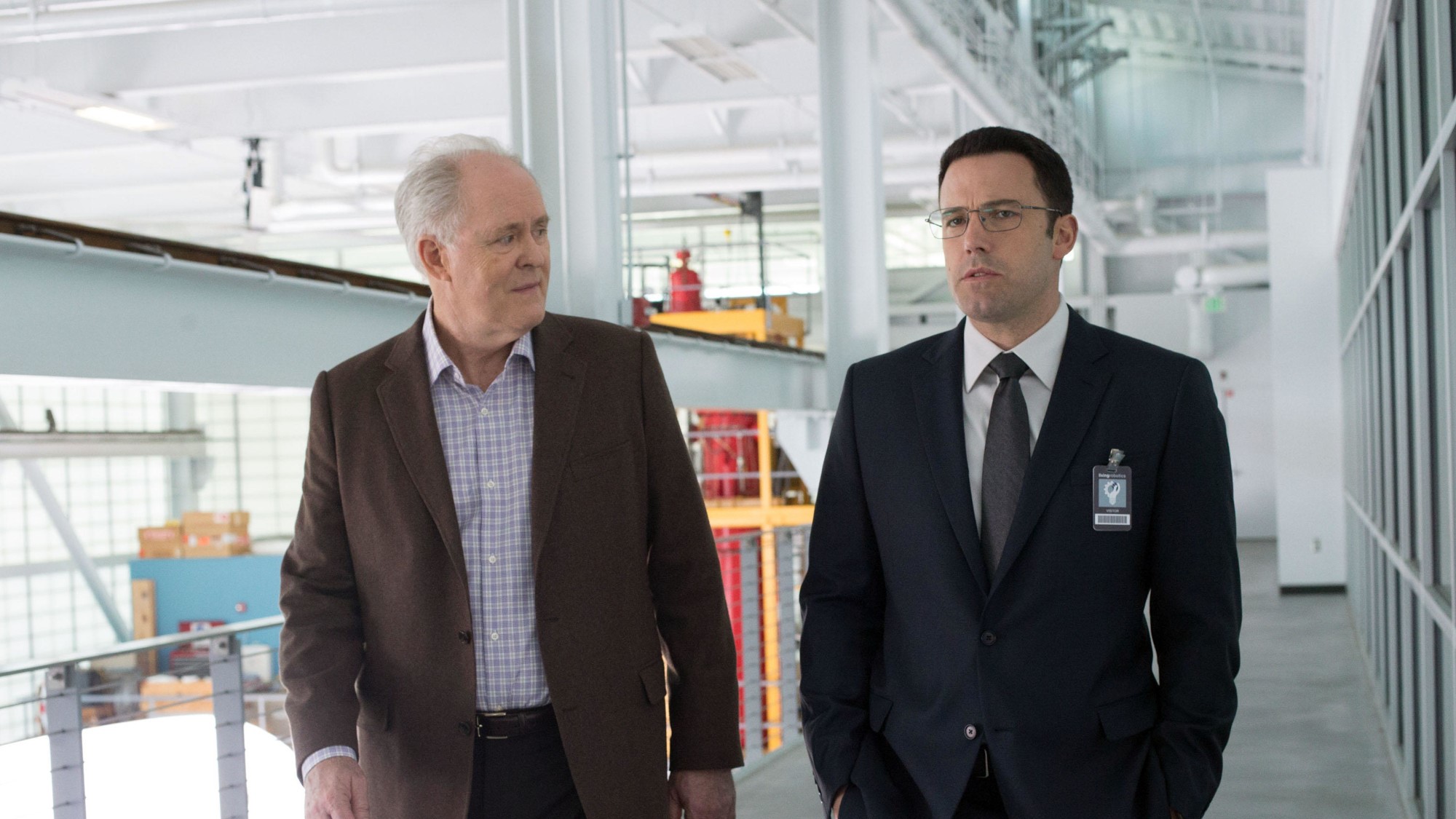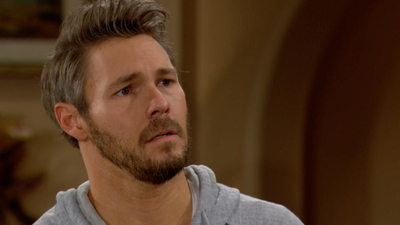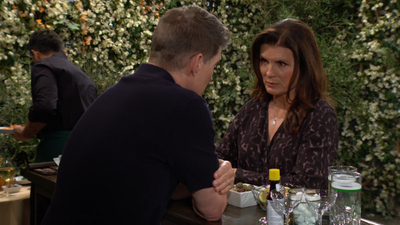Why Britney Spears’ freedom matters
Following the documentary Framing Britney Spears, audiences have been reminded of how cruelly the popstar was treated by the media, and why her freedom matters.
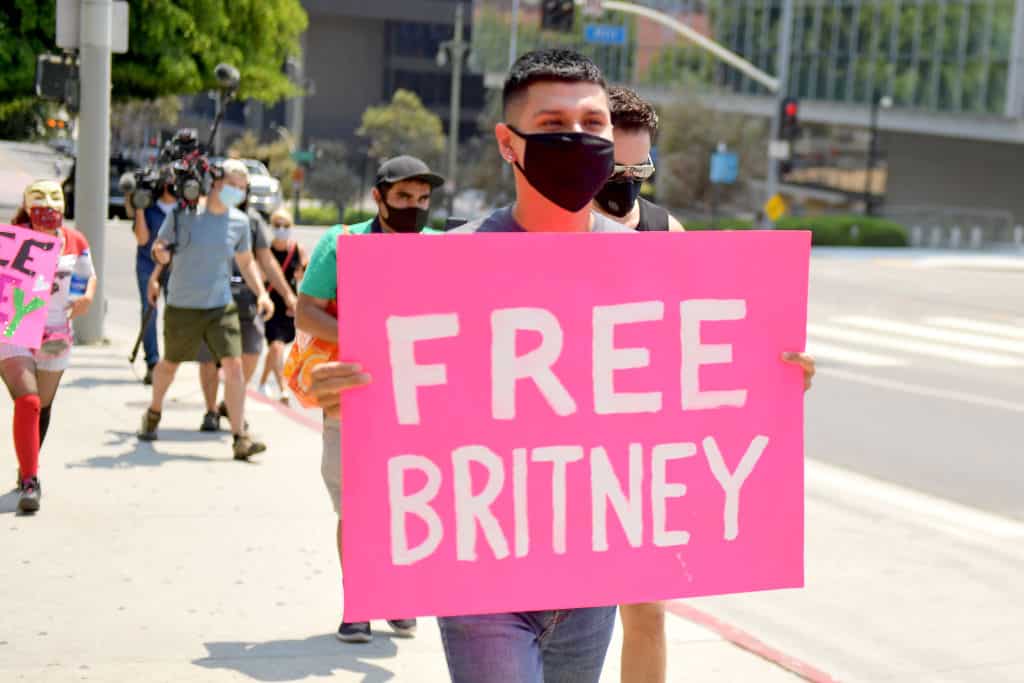
For those who were paying attention, long before the premiere of the documentary The New York Times Presents Framing Britney Spears, it seemed inevitable that she would become a cause célèbre. The singer has been in the spotlight since she was 11 years old and remains one of the world's best-selling music artists. She's the face behind some of the past two decades' most popular pop hits as well as a billion-dollar perfume brand and a slew of exceedingly lucrative endorsement deals. She's so ubiquitous that her surname isn't even required for people to know who she is. Moreover, she may be the greatest representation that modern day pop culture has of the insidiousness of misogyny in the world of celebrity. She's been through it all: she was a cutesy tweeny bopper star for The Mickey Mouse Club, then the scantily clad pop starlet who was leered over by generations of men. She reached the highest echelons of fame, then fell to rock bottom after a well-documented public breakdown. Her comeback secured her status as a megastar, and now, she is maybe the most rooted-for woman in 21st-century Hollywood.
Now, she is a symbol of a much more serious problem. In 2008, after Spears suffered from a serious mental break and was involuntarily committed to a psychiatric ward, a California court placed her under a conservatorship. This meant that her father, Jamie Spears, as well as an attorney, had complete control over her assets. That conservatorship remains in place to this day. Spears is now 39 years old. She is a mother of two.
Spears has been fighting the conservatorship for years now. Most recently, Spears’s attorney asked that her father be replaced as her conservatorship. A judge denied that request and extended the established arrangement until this month. She had announced an indefinite work hiatus in January 2019, which immediately became the stuff of intense speculation. Soon, the #FreeBritney movement sprung up. While a lot of fans’ enthusiastic support for Spears during this tough moment in her life has veered into wildly conspiratorial territory, the lion’s share of their campaigning is simple: let Spears, a woman closing in on 40, have control over her own life, her own money, and her own children.
As Framing Britney Spears hypothesizes, Spears has never been free. Cultivated from a very young age to be a celebrity, Spears was never given a chance to escape the vicious cycle of cruelty that would come to define her. Her father is portrayed as an uncaring man who only focused on his daughter's earning potential. The media is lambasted for its endless shaming of Spears, be it through endless speculation over her body or her earning "trainwreck" status for her mental health problems. Even her ex-boyfriend Justin Timberlake isn't safe, as he's accused of weaponizing his breakup with Spears in his work and for bragging about their sex life. It opened up a lot of viewers' eyes to the assumptions they had of Spears in her early days and how much she came to be marked by forces outside of her control. In this torrid context, her 13 years long conservatorship felt dishearteningly inevitable.
Spears, like many women in the public eye, was forced into the confining mold of a type. She seldom got to be more than an easily consumed stereotype, whether it was that of the dumb blonde starlet, the sex symbol, the trainwreck, or the money-making headliner. It was open season on mocking and objectifying her from the age of 16 onward, even as she had a full breakdown. Talk-show hosts derided her as a mess, with the notable exception of Craig Ferguson, who refused to kick a troubled woman while she was down and was still mocked for it. Interviewers felt comfortable enough to openly probe Spears on supposed plastic surgery rumors and lambasted her to her face for being a supposedly terrible role model for children. All of this was made easier by the vast dehumanization process she lived under for the majority of her life. She wasn’t the only woman to face this kind of needlessly cruel scrutiny. Think of fellow child stars like the Olsen twins and Drew Barrymore or women like Paris Hilton, Anna Nicole Smith, and Amy Winehouse. The latter two women died tragically young and were mourned as victims in hindsight but never got their dues or the apologies they deserved during their lifetimes. It’s a lot easier to feel humility when you don’t have to look your victim in the eye.
We’re now at a crucial moment in pop culture. This is the post-#MeToo age, one where conversations about media misogyny and the mistakes of our pasts happen with greater volume and urgency. It’s not as if society has retired its favorite hobby of hating women, but what happened to Spears cannot help but feel like a lifetime ago, especially now as even the ACLU is team #FreeBritney. Every media apparatus available to us seemed designed to prop up the worst kinds of bigotry and sell it as news. It still does that, sadly, but the wild west of 2007 was a new low that we should strive to never repeat.
Spears represented so much to many of us for decades, and she continues to do so on this dark and smothering issue. The rights and freedoms of those with mental health issues is an oft-undiscussed reality in America and the rest of the world. If one of the most famous women alive can have her rights taken away indefinitely, what does that mean for the rest of us who could end up in such a position? What she went through was an encapsulation of the pain and impossible game that so many women have been forced to deal with.
Get the What to Watch Newsletter
The latest updates, reviews and unmissable series to watch and more!
I was eight when Spears's first single came out and I have shockingly clear memories of how we were encouraged to treat her, veering wildly between slut-shaming and mindless objectification. As a teenager, I watched the headlines obsessively detail every minute of her mental struggles with a tone of smarmy scorn. It was the equivalent of waving a red flag at a bull, the go-ahead for the world to treat this troubled woman, still in her mid-20s, as their punching bag. When I think of Spears now, as a 30-year-old, I think of every woman I sneered at or thought I was better than. I think about the ways I giddily swallowed the media narrative of troubled women and laughed along with talk-show hosts or comedians who tore Amy Winehouse to pieces as she dealt with addiction. I reconsider everything I was taught to believe about my gender from a society that always moved the goalposts as to how we defined ourselves and our safety.
Britney Spears will turn 40 in December. She hasn't performed since October 2018. The details of her mental health are none of our business, but questions surrounding her conservatorship will remain. How is it that Spears has been declared unfit to make decisions for herself but has released multiple albums, gone on world tours, judged reality TV shows, and headlined a Las Vegas residency since then? We may never fully understand the damage we collectively did to Spears throughout her lifetime and fighting for her as part of #FreeBritney can only go so far to fix the problem. Still, it is a fight worth having. We can’t fail her or others like her anymore.
Kayleigh is a pop culture writer and critic based in Dundee, Scotland. Her work can be found on Pajiba, IGN, Uproxx, RogerEbert.com, SlashFilm, and WhatToWatch, among other places. She's also the creator of the newsletter The Gossip Reading Club.

